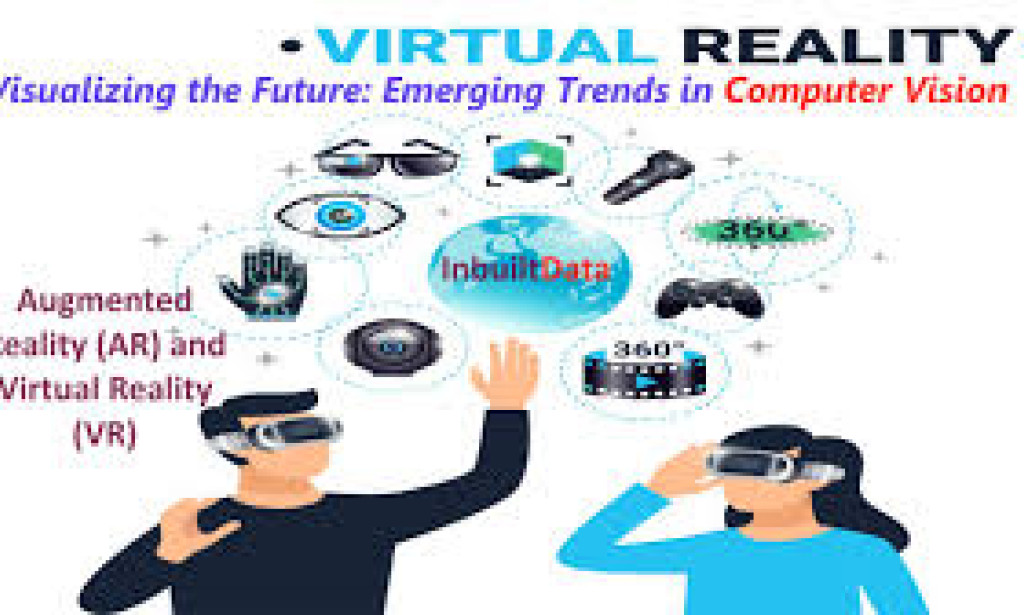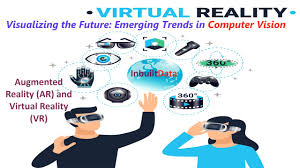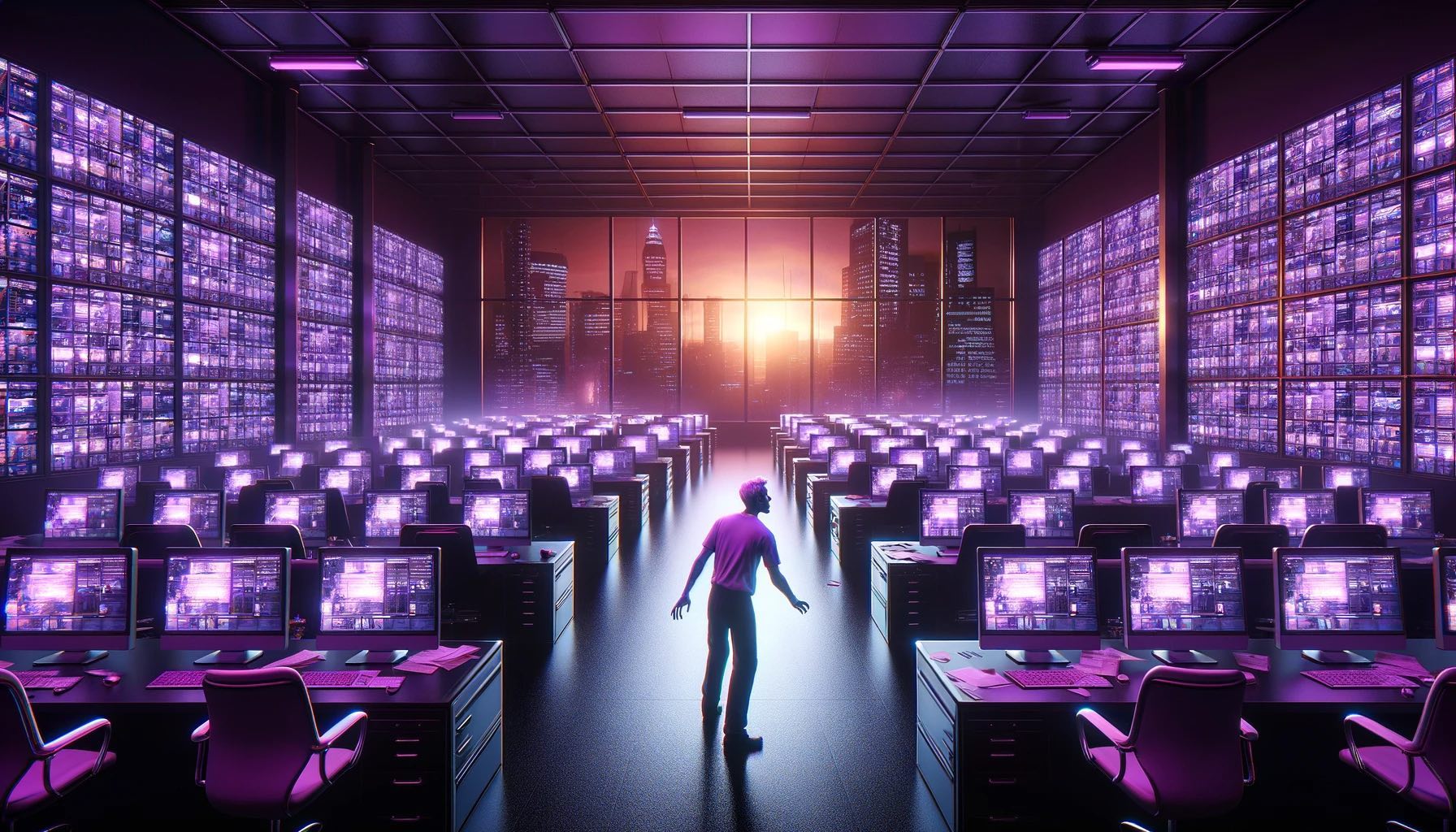The Rise of Artificial Intelligence and Automation.
One of the most transformative trends of our time is the continued rise of artificial intelligence (AI) and automation. Advances in machine learning, natural language processing, and robotics are increasingly influencing industries across the globe. In healthcare, AI is improving diagnosis accuracy, developing personalized treatment plans, and speeding up drug discovery processes. Similarly, in finance, AI algorithms are being used to analyze vast amounts of data to predict market trends and make real-time decisions.
On the other hand, automation — including self-driving vehicles, automated warehouses, and AI-powered customer service systems — is transforming labor markets. While automation brings efficiency and cost reductions, it also raises concerns about job displacement, especially in sectors like manufacturing and customer support. As AI continues to evolve, businesses, workers, and policymakers are grappling with how to balance technological progress with the preservation of human jobs.
Climate Change and Sustainability: The Urgency for Action
Climate change is another urgent issue that is shaping the future. The increasing frequency of extreme weather events — from floods to wildfires and hurricanes — is underscoring the need for comprehensive climate action. Nations and industries around the world are turning toward renewable energy, green technologies, and sustainable practices to reduce their carbon footprints.
Innovations in solar, wind, and hydropower are making renewable energy more affordable and accessible. In addition, industries like fashion, food production, and manufacturing are embracing circular economy models, reducing waste and improving resource efficiency. However, the transition to a green economy is not without its challenges. Developing countries, which often bear the brunt of climate change’s effects, face unique difficulties in adopting sustainable technologies due to limited resources. Meanwhile, policy debates around carbon taxes, emissions trading, and global climate agreements continue to evolve.
Geopolitical Shifts and Global Tensions
As the world’s geopolitical landscape shifts, the effects of global conflicts and power struggles are being felt worldwide. The ongoing war in Ukraine, tensions between the United States and China, and other regional conflicts are influencing everything from international trade to energy prices. These developments have led to significant shifts in global alliances, as countries re-evaluate their foreign policies and trade relationships.
At the same time, emerging markets in Asia, Africa, and Latin America are becoming increasingly influential. As these regions grow economically and politically, they are challenging the traditional dominance of Western powers and forging new alliances. This shift has profound implications for global trade, security, and the balance of power in international organizations.
The Future of Work: Remote, Hybrid, and Gig Economies.
The COVID-19 pandemic has radically changed the way people work, accelerating the shift to remote and hybrid work models. What was once considered a temporary solution to a global crisis has now become a permanent fixture for many companies and employees. Remote work has enabled companies to tap into a global talent pool and reduce overhead costs associated with physical office spaces. For employees, it offers greater flexibility and work-life balance.
However, remote work also brings challenges, such as managing virtual teams, maintaining productivity, and ensuring cybersecurity. Companies are increasingly investing in digital collaboration tools, such as advanced video conferencing platforms, cloud-based project management software, and AI-powered productivity tools, to bridge these gaps.
Another aspect of the changing work landscape is the rise of the gig economy. Freelancers, contractors, and part-time workers are making up an increasing portion of the workforce. As traditional full-time employment models evolve, individuals are embracing more flexible work arrangements, often through digital platforms such as Uber, Fiverr, and Upwork. While gig work offers freedom and autonomy, it also raises concerns about job security, benefits, and worker rights.
Healthcare Innovations: A New Era of Medicine.
Healthcare is undergoing a revolution, driven by new technologies and innovations in medical research. Advances in genomics, biotechnology, and personalized medicine are changing the way we understand and treat diseases. CRISPR gene-editing technology, for example, is opening up new possibilities for treating genetic disorders, while AI and machine learning are revolutionizing diagnostics, enabling early detection of conditions such as cancer and heart disease.
Additionally, wearable health devices, like fitness trackers and smartwatches, are giving individuals more control over their health by providing real-time data on metrics like heart rate, blood pressure, and sleep patterns. This "quantified self" movement is empowering people to take a proactive role in managing their health.
The pandemic has also highlighted the need for robust public health systems. As the world recovers from COVID-19, nations are investing in healthcare infrastructure, including digital health technologies, telemedicine, and advanced diagnostic tools, to improve global health outcomes and better prepare for future pandemics.




You must be logged in to post a comment.